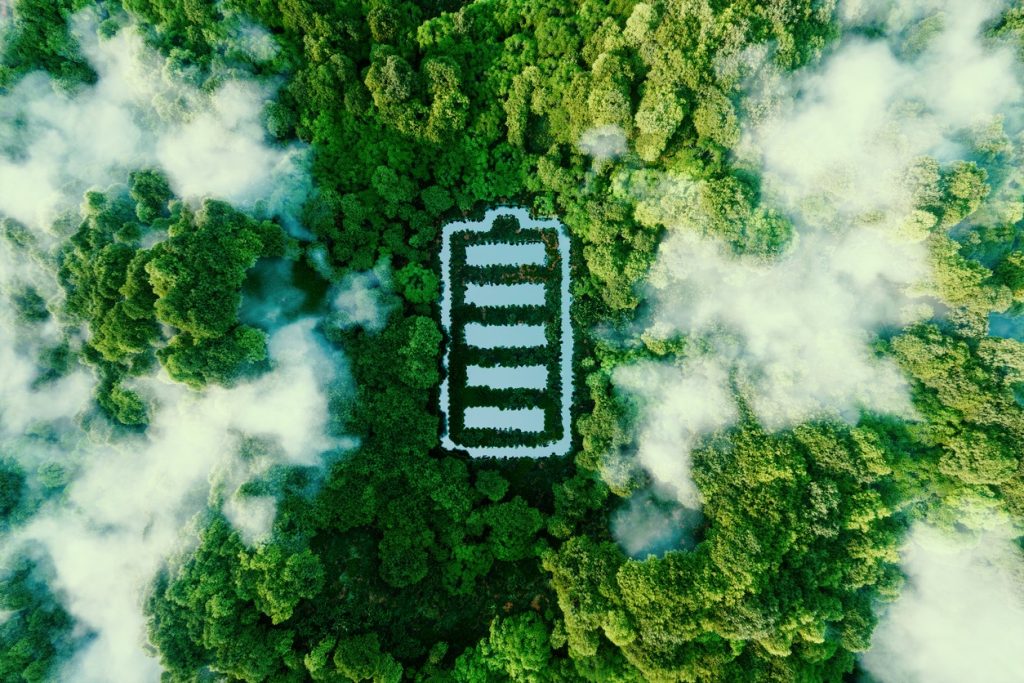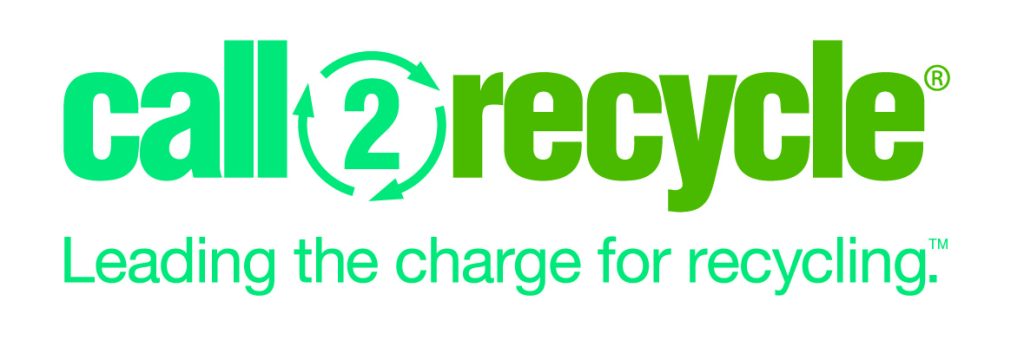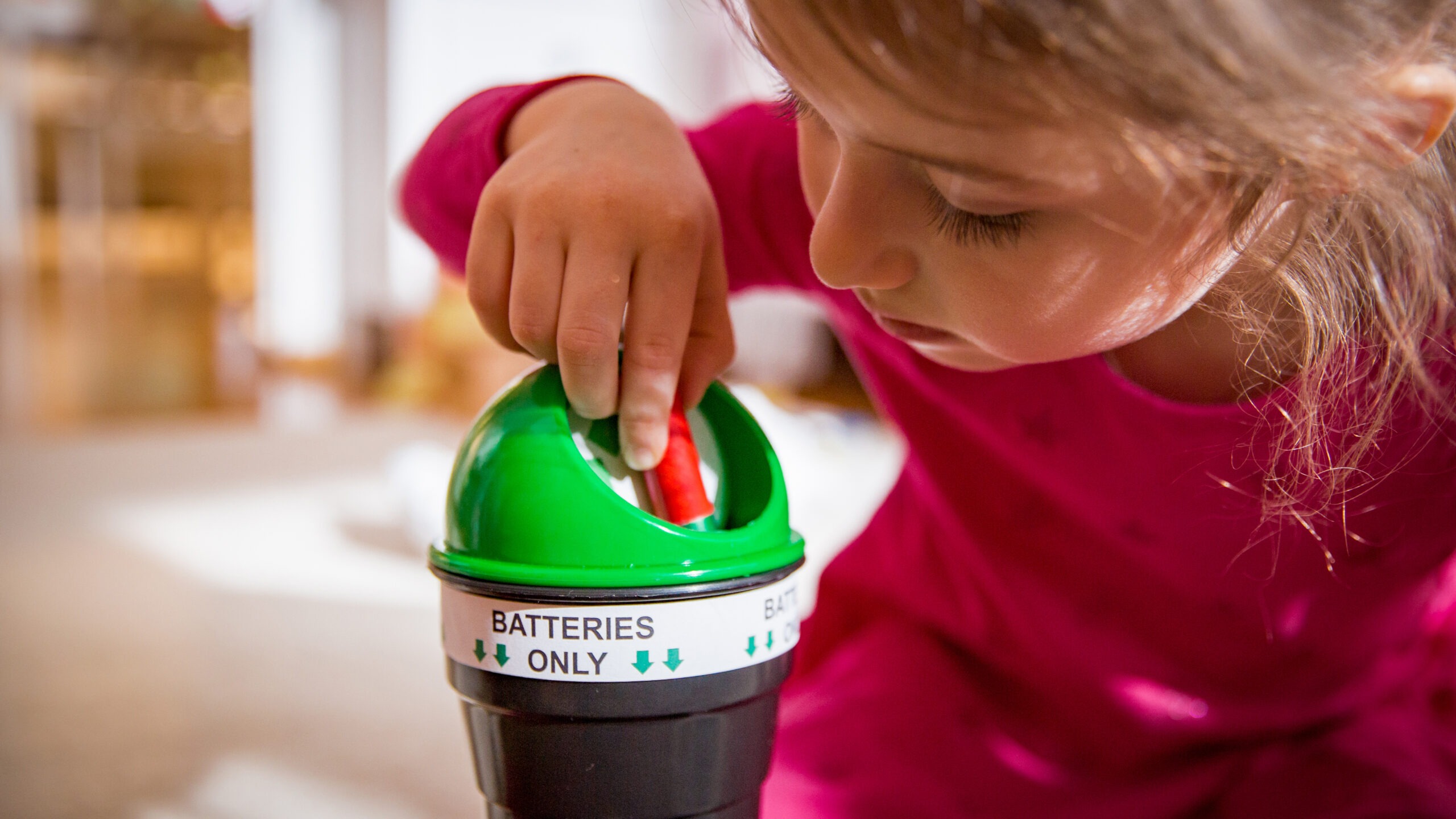Diverting batteries from landfills is an essential part of any green future for Canada
June 20, 2023
By Jon McQuaid, Vice-President, Call2Recycle Canada
 Today marks an important milestone for Call2Recycle in Canada – we’ve officially surpassed 40 million kilograms of used batteries diverted from landfills and recycled. This is the equivalent weight of 3,300 school buses! As we celebrate this milestone and applaud Canadians for their efforts, I wanted to share how we got here and what the future has in store for us.
Today marks an important milestone for Call2Recycle in Canada – we’ve officially surpassed 40 million kilograms of used batteries diverted from landfills and recycled. This is the equivalent weight of 3,300 school buses! As we celebrate this milestone and applaud Canadians for their efforts, I wanted to share how we got here and what the future has in store for us.
At Call2Recycle, we’ve been focused on safe battery collection and recycling for more than 25 years since the creation of the program in 1997, working closely with our government partners in support of their recycling initiatives. We’ve established the most comprehensive collection and processing network in the country, and we’re proud to say that today about 92 per cent of Canadians live within 15 km of one of over 10,000 Call2Recycle battery collection sites. We’ve established ourselves as the industry leader in safe battery recycling.

We’ve seen the recycling landscape change dramatically as governments at all levels have taken important steps in support of achieving Canada’s target of net-zero emissions by 2050. It’s important to remember that we all have a role to play in the stewardship of our environment and that simple actions can have a strong cumulative impact. Call2Recycle has strived to simplify the battery recycling process for Canadians, so they can contribute to reducing our collective carbon footprint and keeping the environment safe.
As Canada is gearing up for net-zero emission strategies towards 2050, Call2Recycle is ready to support the changes in the economy and increase battery recycling diversion rates in the coming years. Batteries have and will continue to play an important role in our lives, especially as our reliance on battery-powered devices continues to grow – from laptops to household appliances, e-bikes and electric vehicles (EVs). While battery storage technology has environmental benefits, ensuring these products are disposed of properly at the end of their life is critical to protecting our environment.
If discarded batteries end up in landfills, the chemical and metal components may harm the environment and worsen Canada’s greenhouse gas (GHG) emissions. The steel used to make batteries can be entirely recycled and reused, and the manganese, potassium and zinc components of household batteries can be reused in fertilizers as a micronutrient.

Most people know they aren’t supposed to throw batteries in the garbage, but the question becomes, “How do we make it as easy as possible for Canadians to recycle their batteries?” That’s what we’re focused on doing and reaching a collection milestone of 40 million kilograms of batteries tells us that we are on the right track.
As an organization, we’ve been very focused on driving consumer awareness of the importance of battery recycling, and of the critical role that all Canadians play in diverting batteries from landfills and protecting our shared environment. We believe it’s important that everyone understands the simple steps they can take to collect, protect and drop off.
 We’re proud to be celebrating this important milestone, which wouldn’t have been possible without the efforts of the many Canadians (including the students who participate in our provincial battery collection contests) that are committed to recycling their batteries responsibly, and the contributions of our collection and processing partners, our retail and municipal partners and the provinces we operate in. We’d also like to thank our members for trusting us to manage the battery recycling network.
We’re proud to be celebrating this important milestone, which wouldn’t have been possible without the efforts of the many Canadians (including the students who participate in our provincial battery collection contests) that are committed to recycling their batteries responsibly, and the contributions of our collection and processing partners, our retail and municipal partners and the provinces we operate in. We’d also like to thank our members for trusting us to manage the battery recycling network.
While today is a time to reflect on the progress made thus far in our drive toward a circular economy, it’s also time to double down our efforts and continue picking up momentum. To the next 40 million kilograms!


